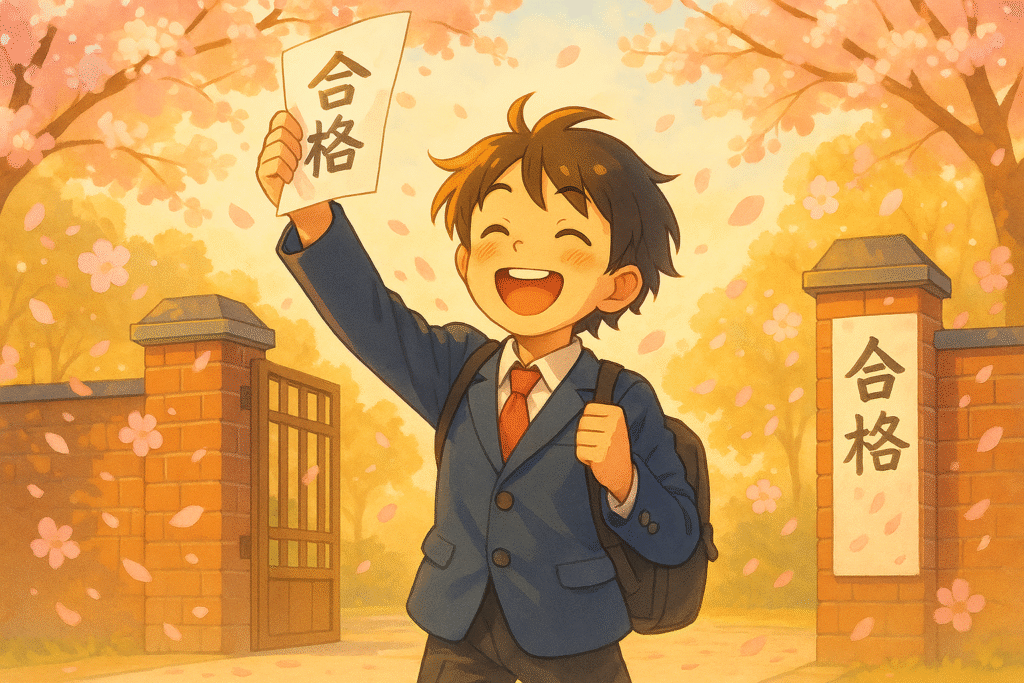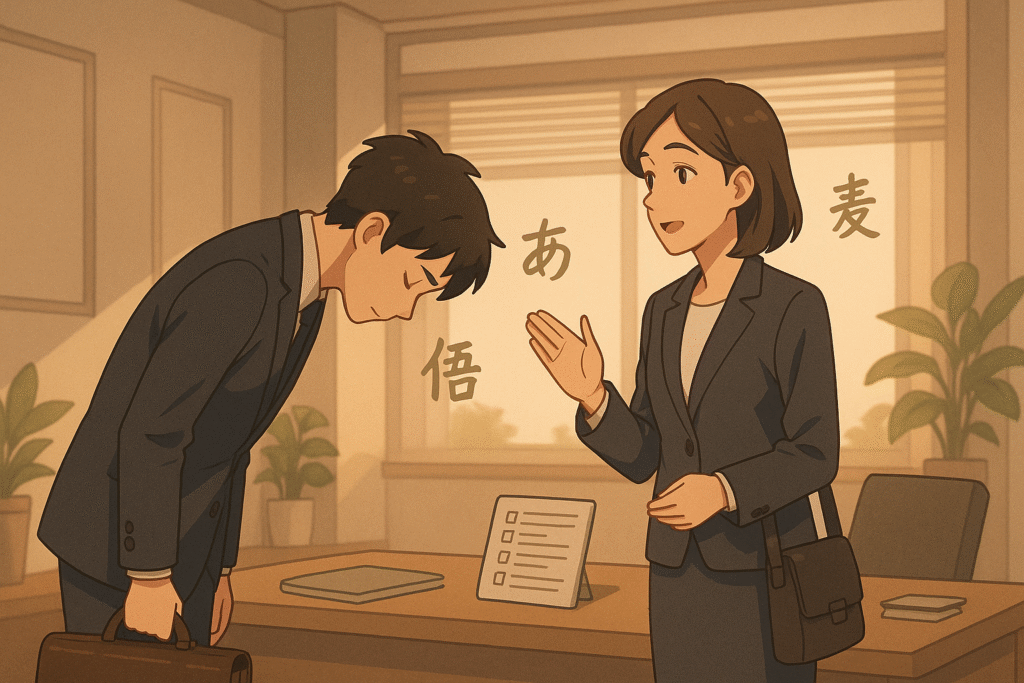Ever found yourself in a situation where you desperately needed someone to quiet down, but weren’t sure how to express it in Japanese? Whether you’re planning to teach English in Japan, traveling as a tourist, or simply expanding your language skills, knowing how to say “shut up” in Japanese might come in handy more often than you’d expect.
But here’s the thing about saying “shut up” in Japanese: context matters tremendously. The wrong phrase in the wrong situation could lead to unintended offense or social awkwardness. Let’s explore the spectrum of expressions from gentle requests to more forceful commands.
Why Learning How to Say “Shut Up” in Japanese Matters
Japanese communication relies heavily on context, politeness levels, and social hierarchy. Learning to say “shut up” in Japanese isn’t just about memorizing phrases—it’s about understanding when and how to use them appropriately.
In a culture where harmony (和 – wa) is highly valued, knowing how to politely ask for quiet can be just as important as knowing how to firmly demand silence when necessary.
From Polite to Powerful: The Spectrum of “Shut Up” in Japanese
1. 静かにしてください (Shizuka ni shite kudasai) – “Please be quiet”
This is the most polite way to say “shut up” in Japanese. Literally translating to “please be quiet,” this phrase is appropriate in formal settings like libraries, museums, or classrooms.
When to use it: In public spaces or with people you don’t know well.
Example situation: Someone is talking loudly on their phone during a movie.
- Japanese: すみません、静かにしてください。
- Romaji: Sumimasen, shizuka ni shite kudasai.
- English: Excuse me, please be quiet.
2. お静かに (O-shizuka ni) – “Quiet please”
Adding the honorific “o” prefix makes this a formal but concise request. It’s commonly used by professionals like train conductors or flight attendants.
When to use it: When making announcements or addressing groups.
Example situation: A teacher addressing a rowdy classroom.
- Japanese: みなさん、お静かに。
- Romaji: Mina-san, o-shizuka ni.
- English: Everyone, quiet please.
3. 黙って (Damatte) – “Be quiet”
This is a direct but still relatively casual way to say “shut up” in Japanese. The phrase uses the te-form of the verb 黙る (damaru), making it a command but not necessarily a rude one.
When to use it: With friends or in casual settings when you need immediate quiet.
Example situation: Your friend is about to spoil a movie ending.
- Japanese: ネタバレするなら、黙って!
- Romaji: Netabare suru nara, damatte!
- English: If you’re going to spoil it, be quiet!
Want to explore Japan’s culture?
Discover Japan’s rich culture, traditions, and hidden gems with our expertly crafted guides. Get insider tips on travel, food, and history. All for free!
4. うるさい (Urusai) – “You’re noisy/Shut up”
Perhaps the most commonly heard way to say “shut up” in Japanese, especially in anime and movies. This direct statement can range from playful to confrontational depending on tone and context.
When to use it: With close friends (playfully) or in heated situations.
Example situation: A sibling is teasing you relentlessly.
- Japanese: もう、うるさい!
- Romaji: Mou, urusai!
- English: Geez, shut up already!
5. 黙れ (Damare) – “Shut up” (imperative)
This is the command form of 黙る (damaru) and is one of the most forceful ways to say “shut up” in Japanese. Be extremely cautious when using this phrase, as it can come across as rude or aggressive.
When to use it: Only in confrontational situations or when you’re truly angry.
Example situation: Someone is saying something extremely offensive.
- Japanese: 黙れ!それ以上言うな。
- Romaji: Damare! Sore ijou iu na.
- English: Shut up! Don’t say anything more.
6. 口をつぐんで (Kuchi o tsugunde) – “Zip your lips”
This more colorful expression literally means “seal your mouth” and offers a slightly less harsh alternative to “damare” while still being direct.
When to use it: With friends in a jokingly serious manner.
Example situation: A friend is sharing embarrassing stories about you.
- Japanese: やめてよ、口をつぐんで!
- Romaji: Yamete yo, kuchi o tsugunde!
- English: Stop it, zip your lips!
7. しーっ (Shii) – “Shh”
Similar to the English “shh,” this onomatopoeic expression is universally understood and perfect for quick, non-confrontational requests for silence.
When to use it: In any situation requiring immediate quiet without explanation.
Example situation: You’re trying to hear an important announcement.
- Japanese: しーっ、聞こえない。
- Romaji: Shii, kikoenai.
- English: Shh, I can’t hear.
Cultural Tips for Saying “Shut Up” in Japanese
When deciding how to say “shut up” in Japanese, consider these important cultural factors:
- Social hierarchy matters—using forceful expressions with superiors is rarely appropriate
- Tone of voice often communicates more than the actual words
- Non-verbal cues like a finger to the lips might be more appropriate in some situations
- Direct confrontation is generally avoided in Japanese culture
For those interested in expressing other emotions in Japanese, our guide on how to say “I love you” in Japanese formal settings offers insights into the opposite end of the emotional expression spectrum.
When to Avoid Saying “Shut Up” in Japanese
While knowing how to say “shut up” in Japanese is valuable, there are situations where even the politest form should be avoided:
- In professional environments with colleagues or superiors
- During first meetings with new acquaintances
- In formal social gatherings or ceremonies
- With elderly people or those deserving special respect
Remember that in Japanese communication, indirect approaches are often more effective and appreciated. As we explain in our Japanese business etiquette guide, maintaining harmony and respecting social norms are fundamental aspects of Japanese culture.
Common Questions About Saying “Shut Up” in Japanese
What is the most polite way to say “shut up” in Japanese?
The most polite way to say “shut up” in Japanese is “静かにしてください” (shizuka ni shite kudasai), which literally translates to “please be quiet.”
How do you say “shut up” in Japanese when you’re angry?
When angry, Japanese people often use “黙れ” (damare) to forcefully say “shut up,” but be aware this is considered quite rude and confrontational.
Can saying “shut up” in Japanese get you in trouble?
Yes, using phrases like “黙れ” (damare) inappropriately can cause serious offense in Japanese society, where politeness and social harmony are highly valued.
What’s a casual way to tell friends to “shut up” in Japanese?
A casual way to tell friends to “shut up” in Japanese is “うるさい” (urusai), which can be playful between close friends but should be used with the right tone.
Final Thoughts
Learning how to say “shut up” in Japanese is more than just adding vocabulary—it’s about understanding cultural nuances and communication styles. By knowing the spectrum from polite requests to firm commands, you’ll be better equipped to navigate social situations in Japan appropriately.
For more practical Japanese phrases and cultural insights, download our free guides on Japanese language essentials at our resources page.
Love Japan? Stay in the Loop!
Get the best of Japan straight to your inbox: language, culture & travel insights!




